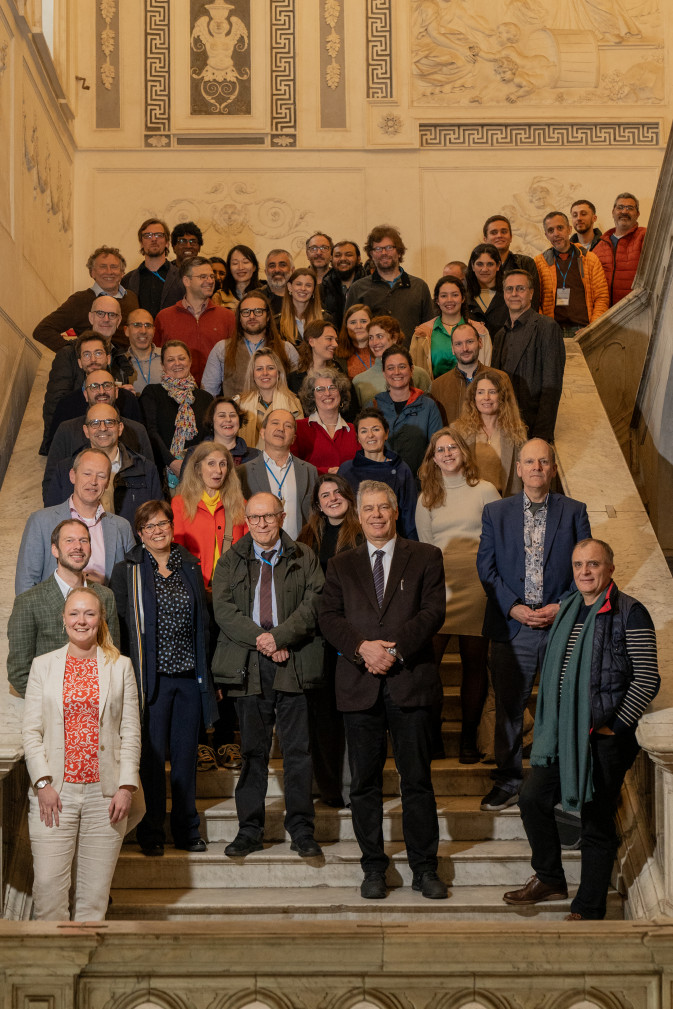
Nearly 80 partners gather in Catania for the 4th REST-COAST General Assembly
Between 24 and 27 March 2025, the 4th Annual Meeting of the REST-COAST project was held in Catania, Italy. Organised by the local partners from the University of Catania, the meeting took place in the historic building of the Monastero dei Benedettini and brought together about 80 project partners to discuss the progress and future of coastal restoration.
The meeting opened with a dynamic first day focused on knowledge exchange and creativity. Sessions led by members of the IUCN Centre for Mediterranean Cooperation explored how key project findings could be translated into actionable policy recommendations. Participants examined effective ways to communicate scientific insights, particularly around Nature-Based Solutions (NBS), to political audiences, aiming to ensure these scalable restoration strategies gain traction at national and local governance levels.
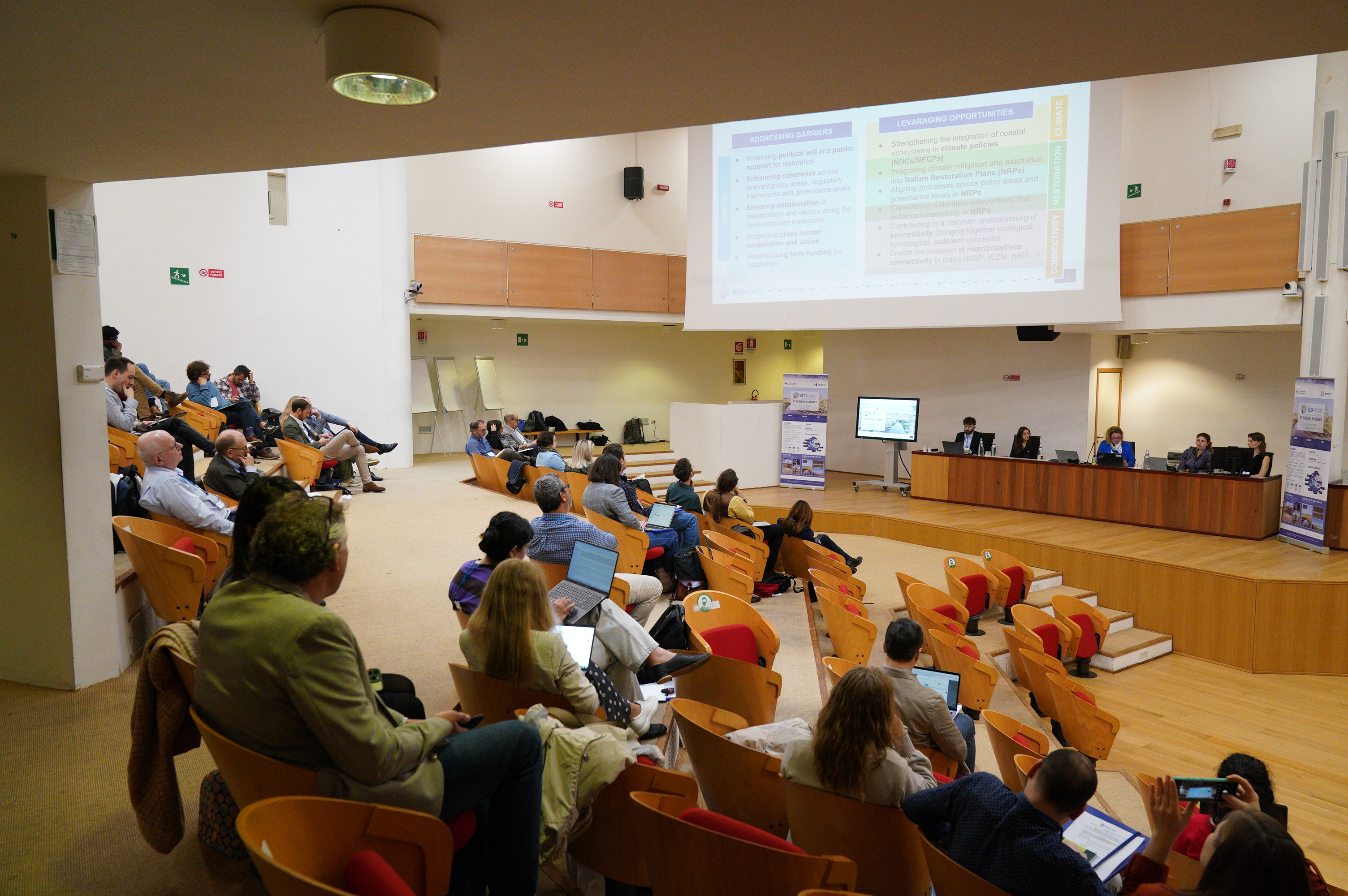
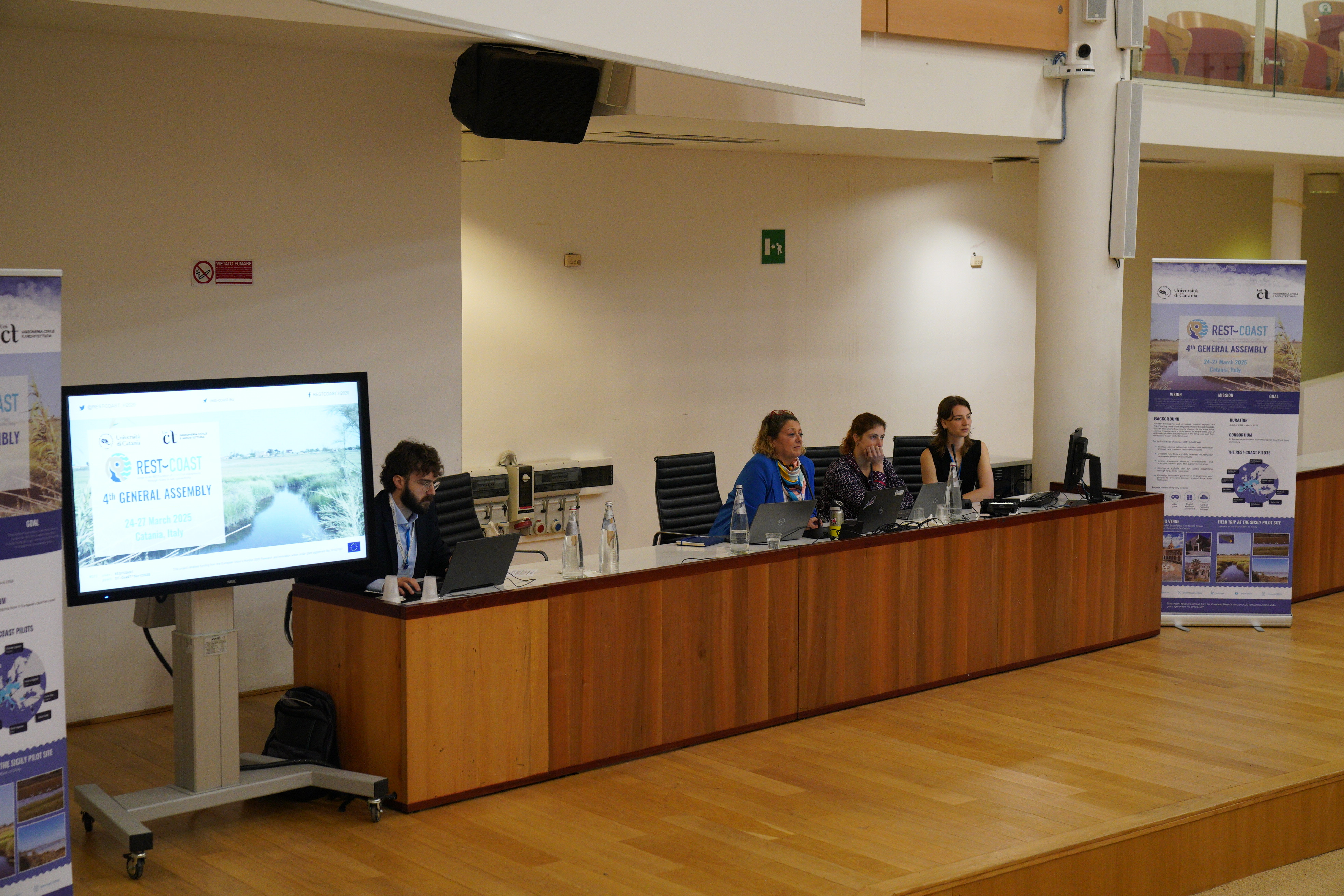
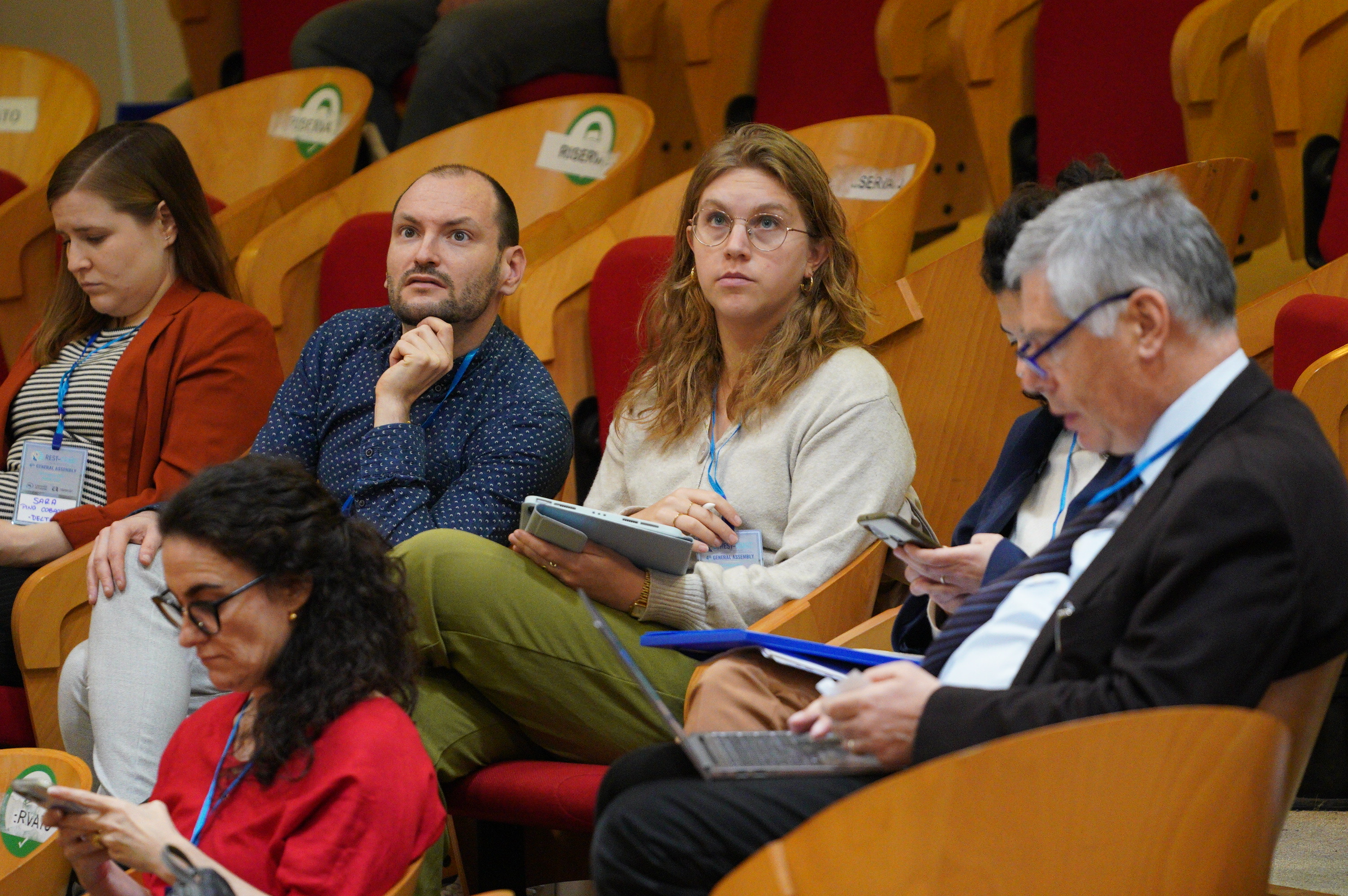
Photo credit: Antonio Parrinello
Pensoft Publishers hosted an interactive brainstorming session, during which members of the scientific community and pilot site leaders collaboratively mapped the connections between threats identified at each pilot site, the measures developed by the project, and their intended outcomes. The day wrapped up with a fun yet thought-provoking restoration-themed BINGO game, organised by Deltares, which challenged participants to reflect on implementation gaps and identify innovative solutions across the project’s diverse pilot sites.
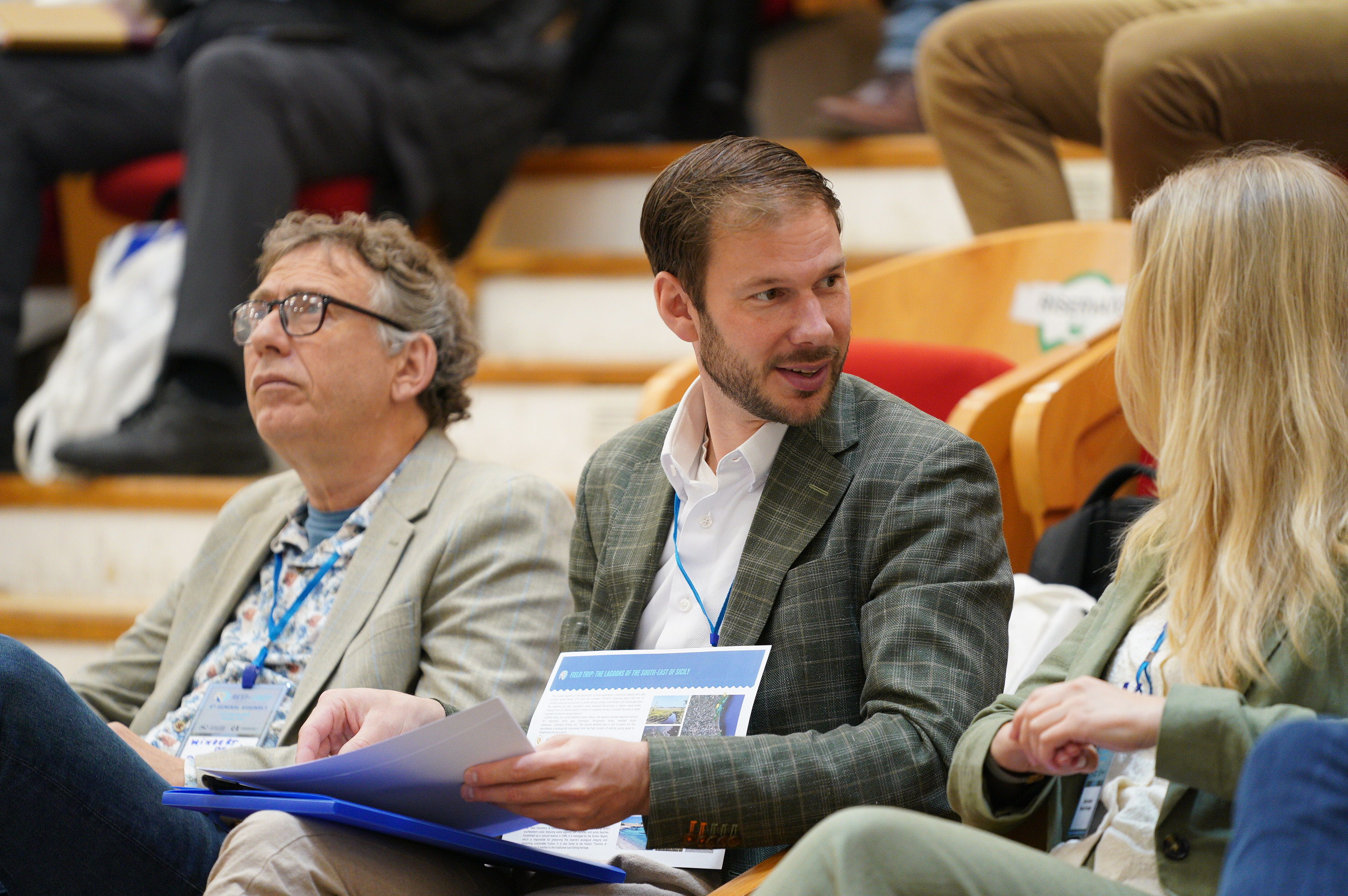
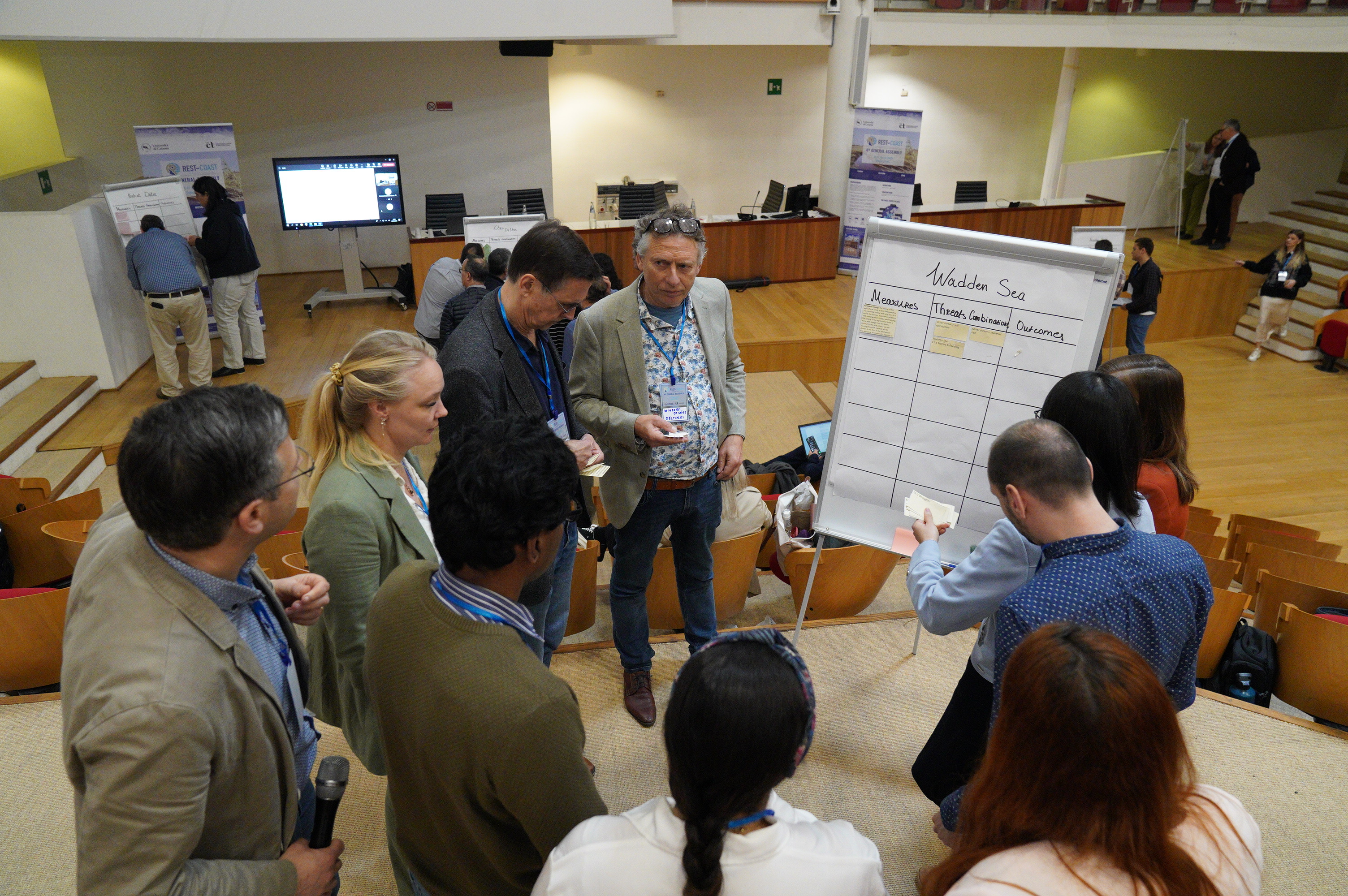
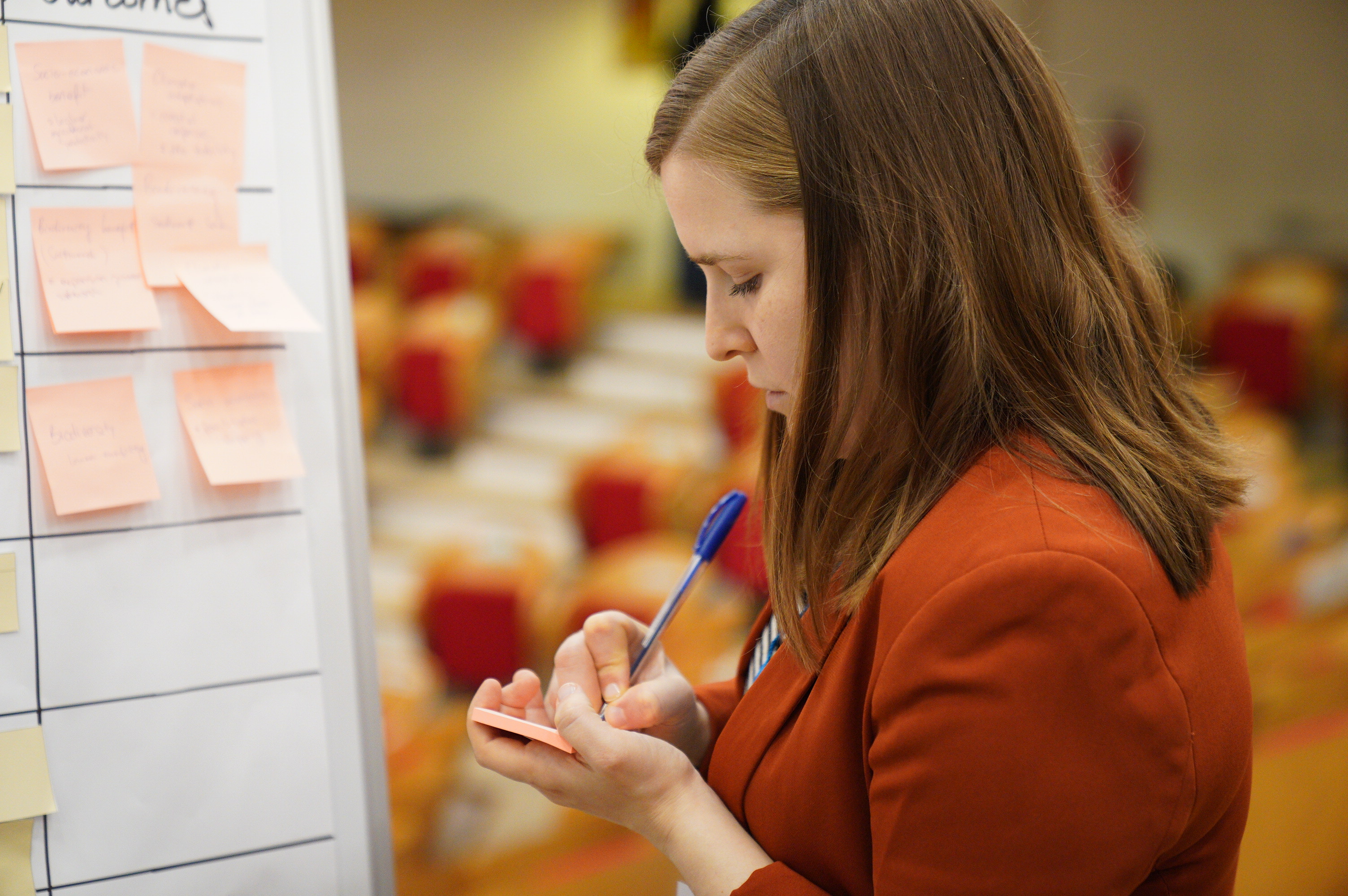
Photo credit: Antonio Parrinello
On the second day, attention turned to stakeholder engagement and policy alignment. One of the highlights was a High-Level Event focused on the Nature Restoration Regulation, which fostered dialogue with Member State representatives and public administrations. Discussions centred on the importance of creating sustainable business models for implementing NBS and the need to better engage citizens in the restoration process.
Insights from pilot site representatives revealed strong public interest in the restoration efforts but also pointed to a clear need for stronger connections between academia and the general public. Scientific recommendations must be accessible, transparent, and delivered in a language that resonates with non-experts. To support this, the IUCN Centre for Mediterranean Cooperation distributed the REST-COAST policy brief, which outlines strategies for fostering local collaboration, aligning stakeholder responsibilities, and ensuring shared understanding across governance levels.
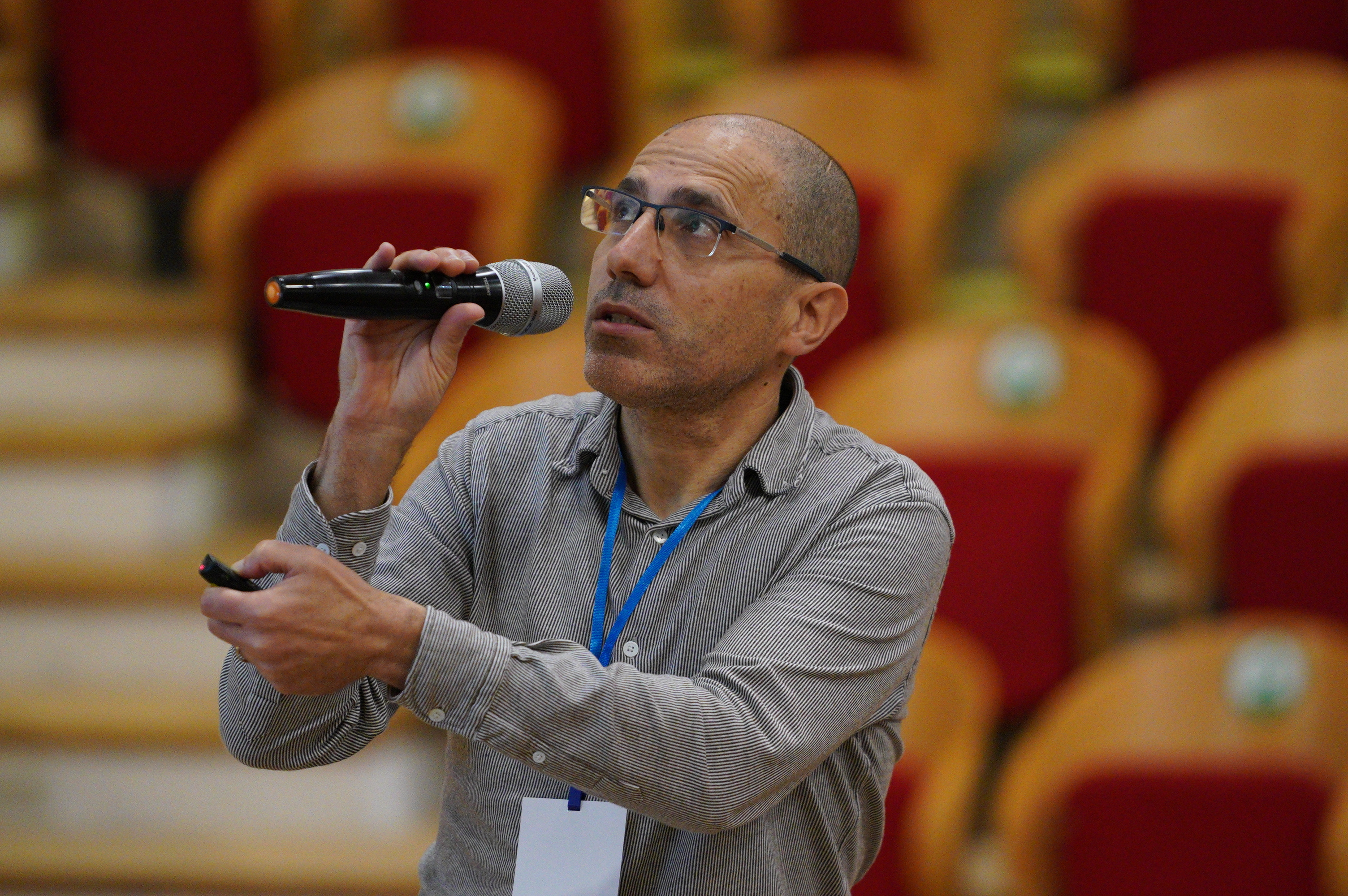
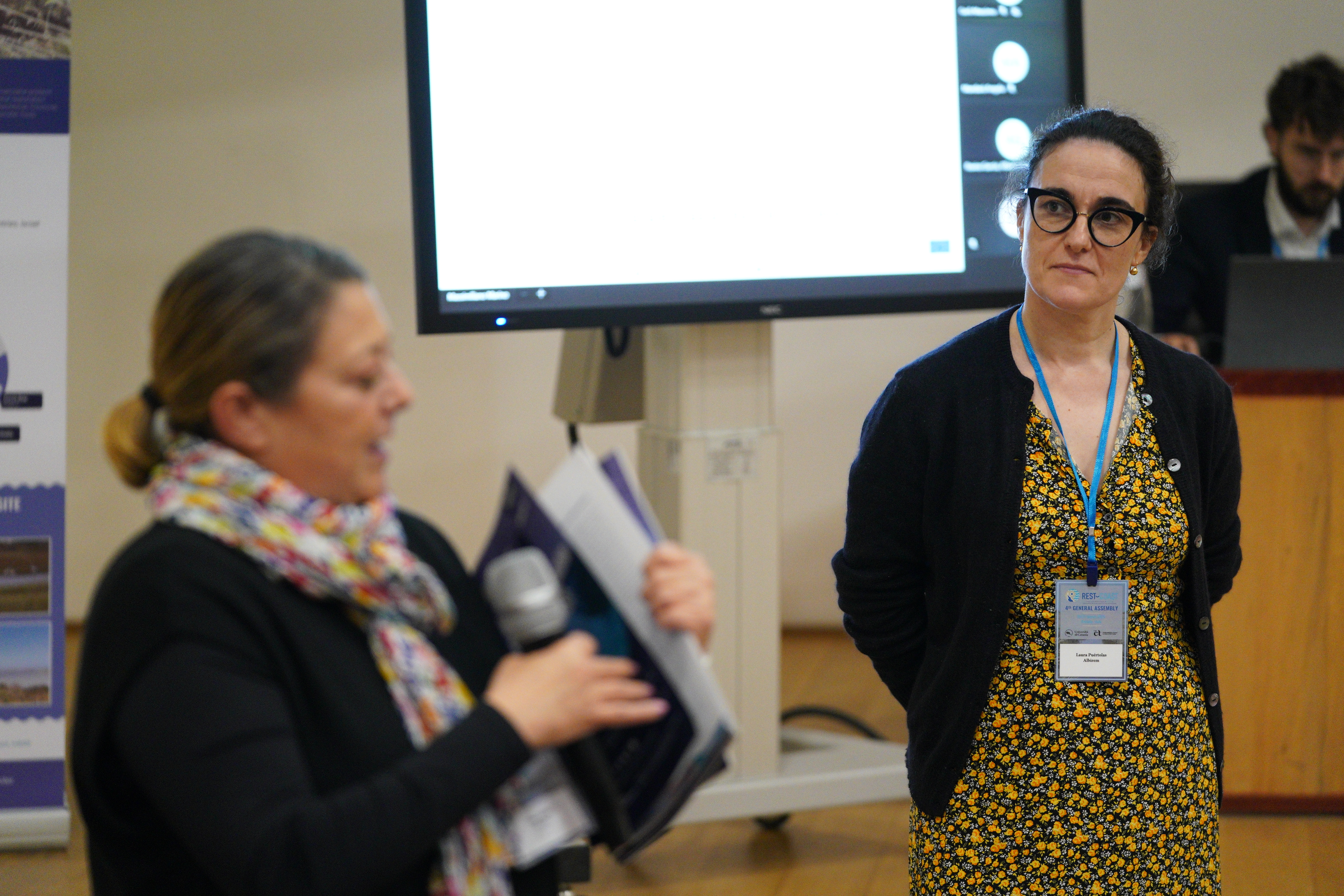
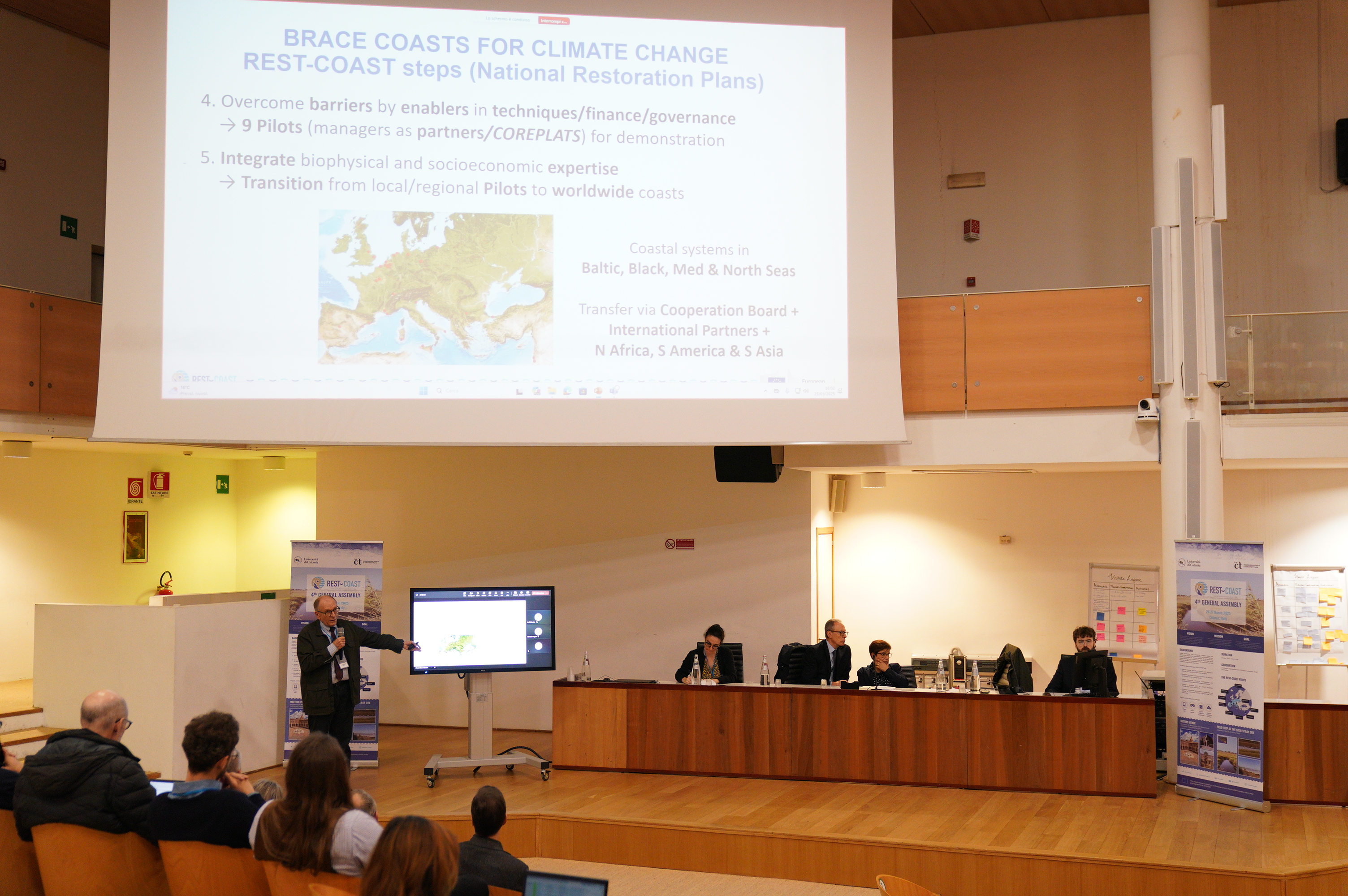
Photo credit: Antonio Parrinello
Day three shifted the spotlight to the nine pilot sites themselves. Project partners presented detailed updates on their restoration activities, shared lessons learned, and discussed plans for scaling and replicating successful strategies. These exchanges helped identify opportunities for innovation and cross-site learning, reinforcing REST-COAST’s commitment to developing resilient coastal ecosystems through collaborative, science-based approaches.
The final day of the assembly was dedicated to a field trip to the Sicilian pilot site areas. The REST-COAST consortium had the opportunity to meet local representatives and see firsthand the restoration measures implemented in the region. This visit offered valuable insights into the practical application of REST-COAST methodologies and the real-world impact of collaborative restoration efforts.
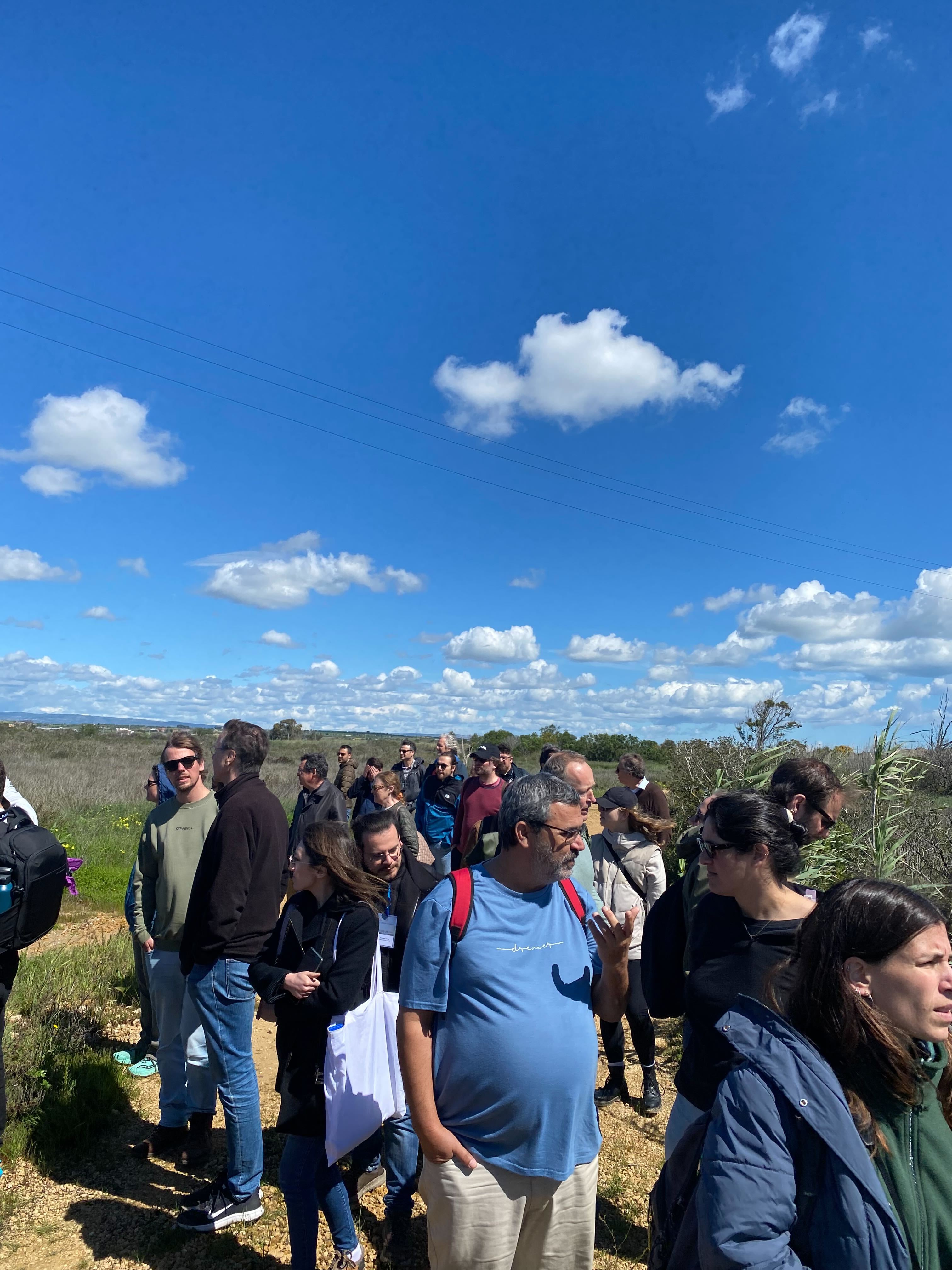
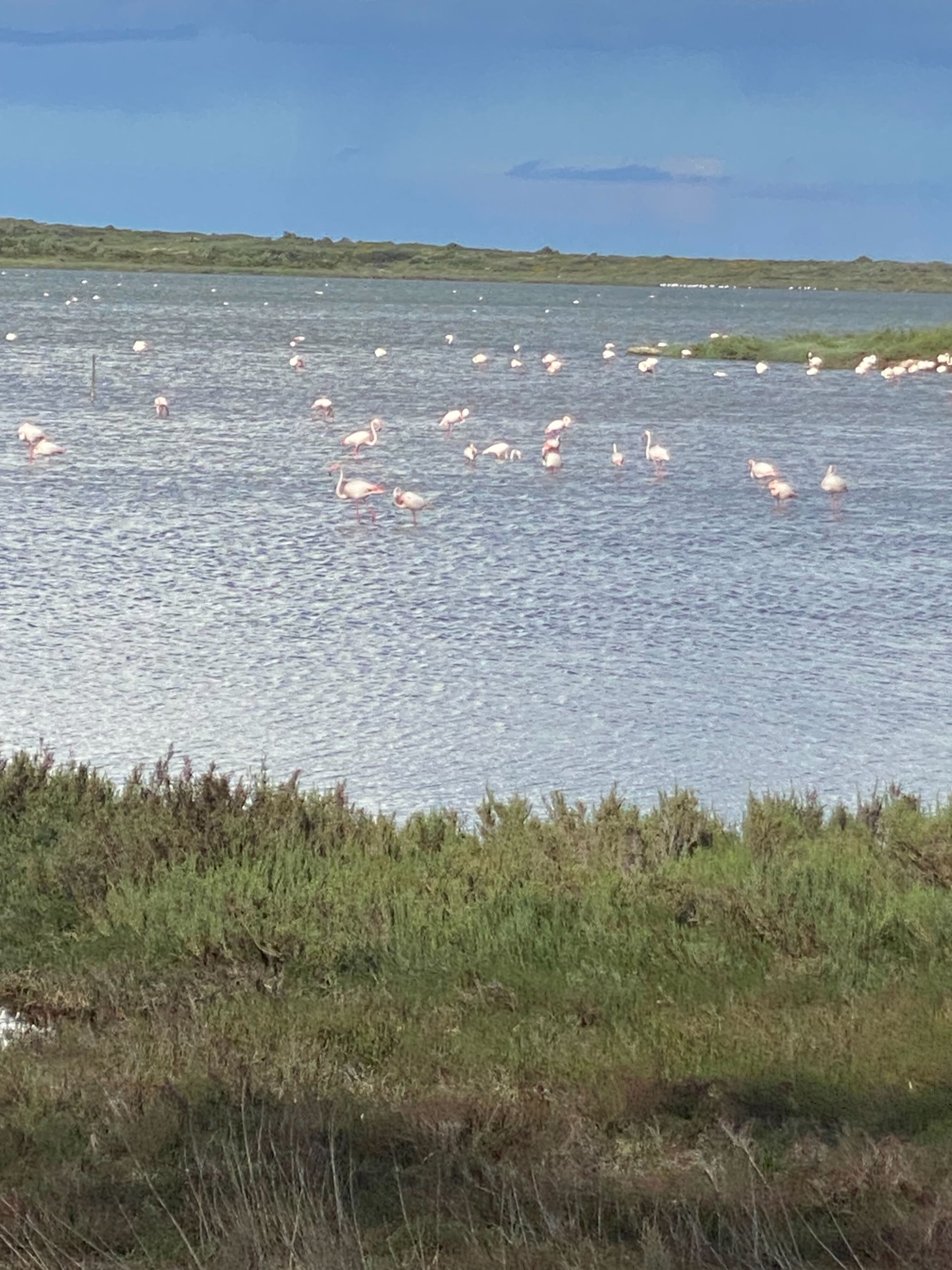
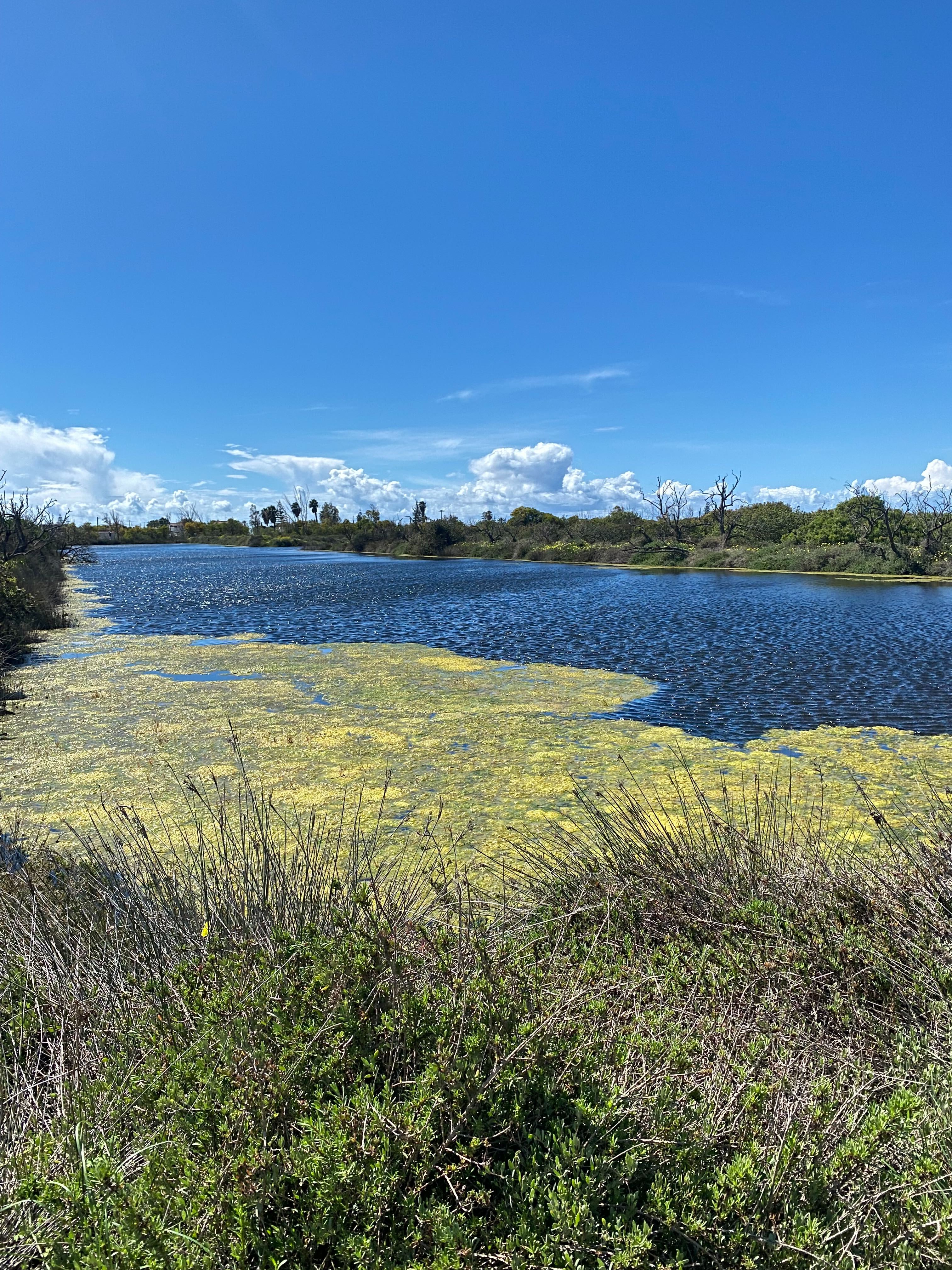
Photo credit: REST-COAST project
With the project being already in its final stage, plans for exploitation pathways were discussed, along with how to showcase the REST-COAST legacy. Keep posted for updates, the release of the REST-COAST innovative engagement tools and plans for future implementation of results.